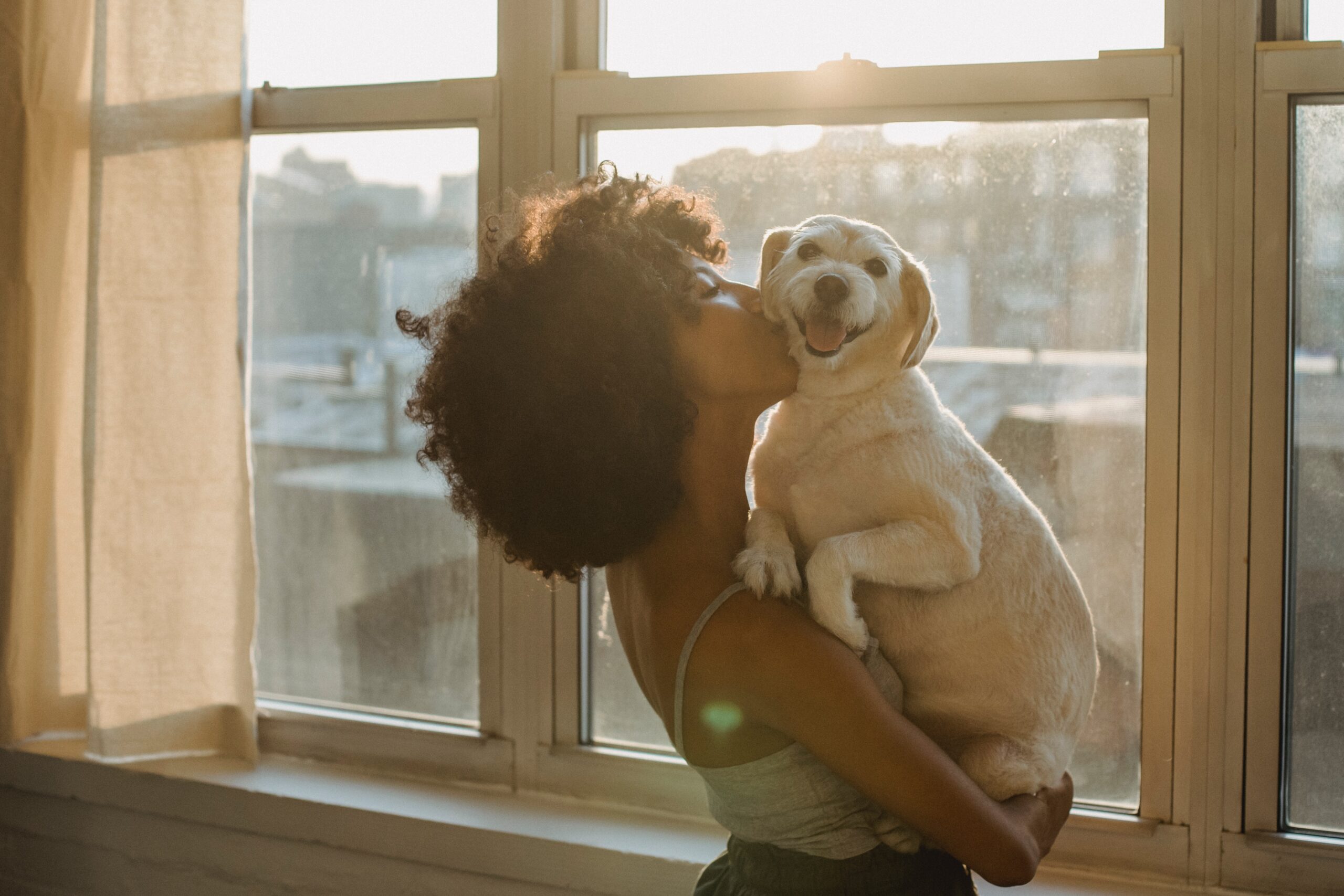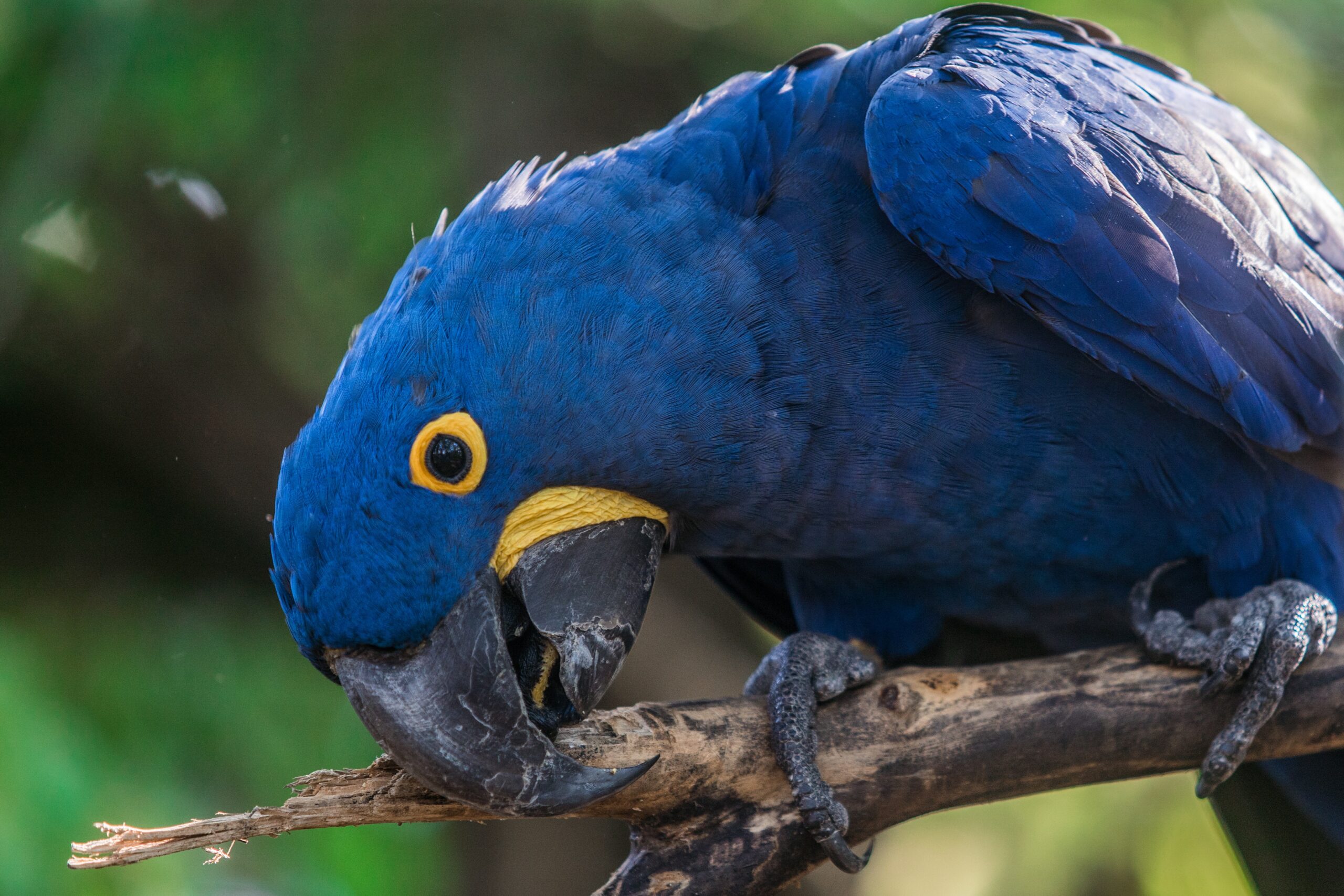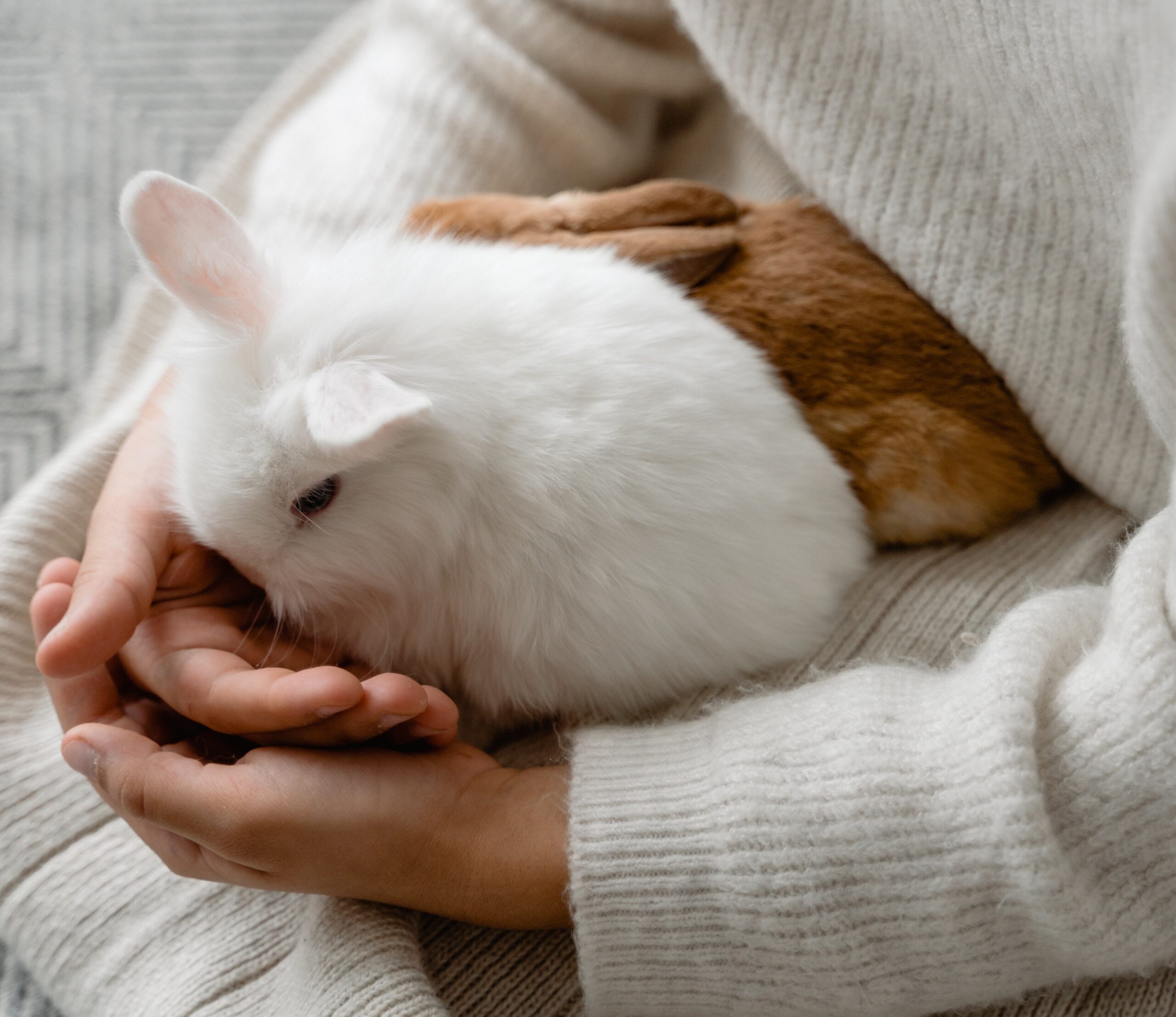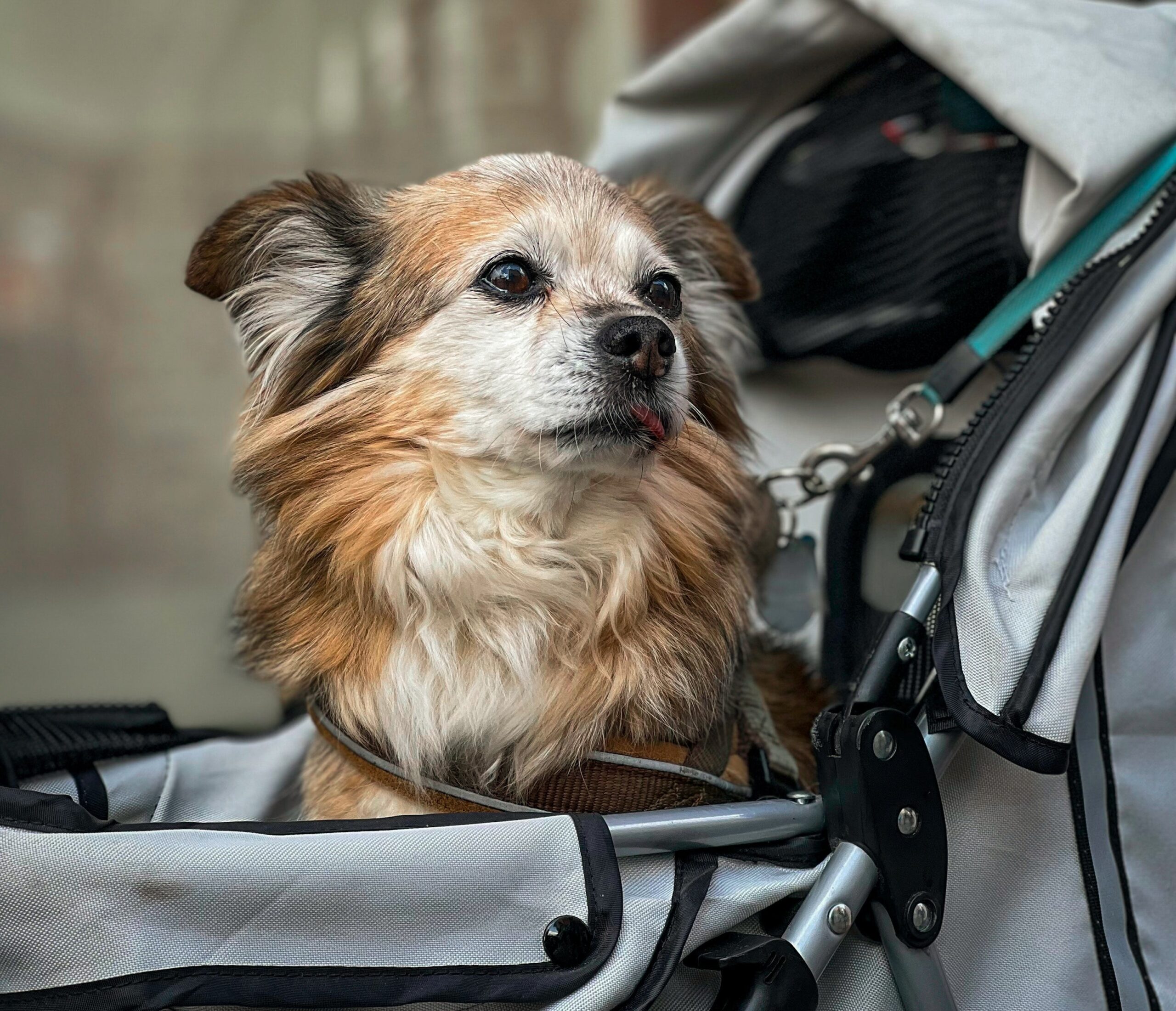How to Prevent Pet Ear Infections: A Comprehensive Guide
Ear infections are a common health problem among pets, especially dogs and cats. These infections can be painful and lead to more serious conditions if left untreated. Luckily, there are several ways to prevent pet ear infections.
Read on to get core detail.
Keep Your Pet’s Ears Clean and Dry:
Regularly cleaning your pet’s ears is the first step in preventing ear infections. Use a gentle ear cleaner recommended by your veterinarian and wipe away any excess moisture with a soft, dry cloth. Avoid using cotton swabs, as they can push debris further into the ear canal.
Check for Allergies:
Allergies can lead to inflammation and itching in your pet’s ears, making them more susceptible to infections. Keep an eye out for signs of allergies, such as scratching, licking, or redness around the ears, and consult with your veterinarian for proper treatment.
Regular Grooming:
Regular grooming is important for your pet’s overall health and can also help prevent ear infections. Keep your pet’s hair trimmed around their ears to promote air circulation and reduce moisture buildup. Brushing their coat also helps to remove excess debris and dirt.
Monitor Swimming and Bathing:
Water in the ear canal can lead to bacterial growth and infections. If your pet enjoys swimming or bathing, be sure to thoroughly dry their ears afterwards. You can also use ear plugs or cotton balls to help prevent water from entering the ear canal.
Watch for Signs of Infection:
Regularly monitoring your pet’s ears for signs of infection can help catch and treat any issues early. Signs of infection may include discharge, foul odor, redness, swelling, and excessive scratching or head shaking. If you notice any of these symptoms, consult with your veterinarian right away.
Proper Nutrition:
Proper nutrition is essential for maintaining your pet’s overall health, including their ears. Feeding a balanced and nutritious diet can help boost their immune system and prevent infections. Consult with your veterinarian for recommendations on the best diet for your pet.
In conclusion, its important to prevent ear infections in your pet. It requires regular cleaning and grooming, monitoring for signs of infection, and taking proper precautions when swimming or bathing. With proper care and attention, you can help keep your furry friend healthy and free from ear infections.









